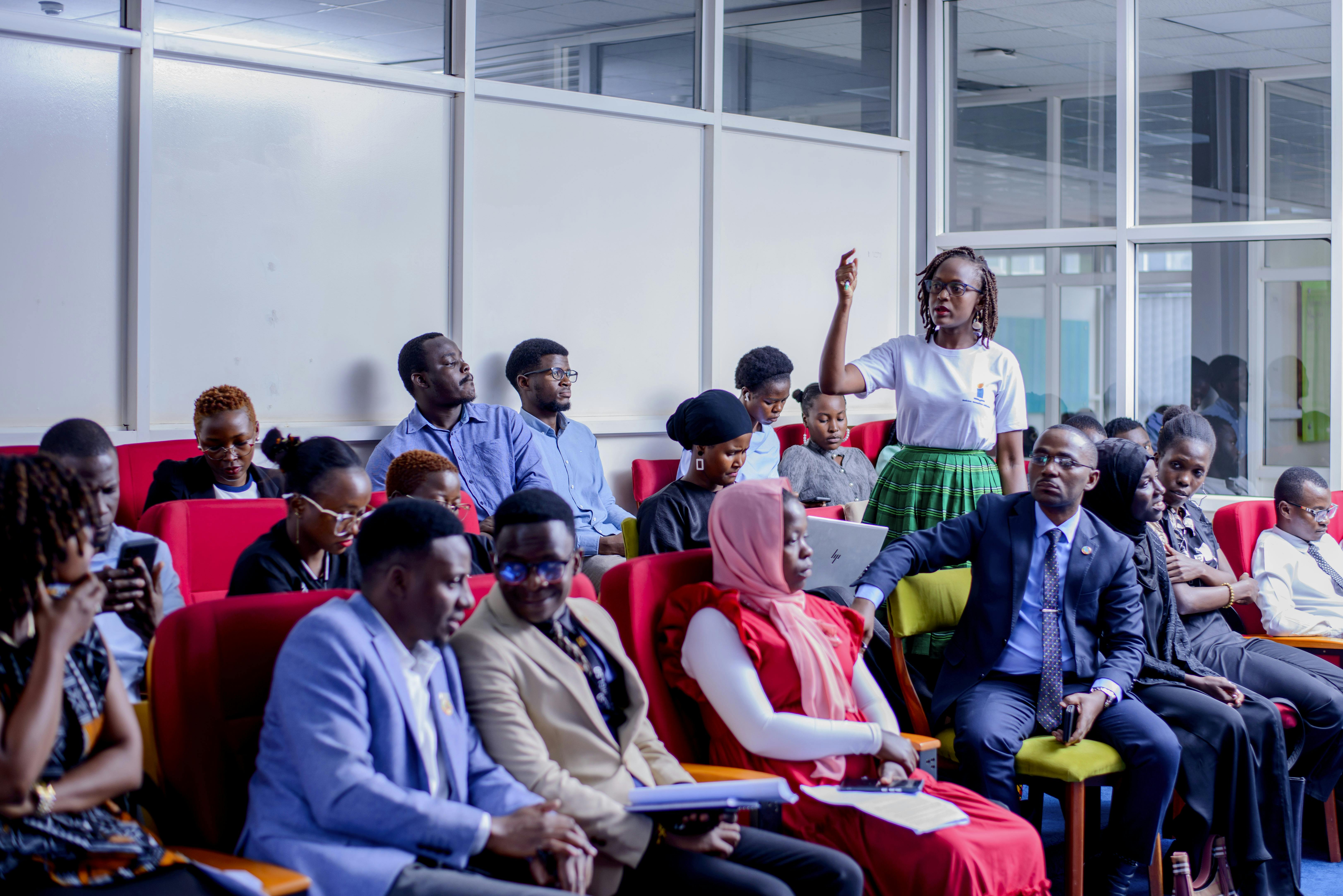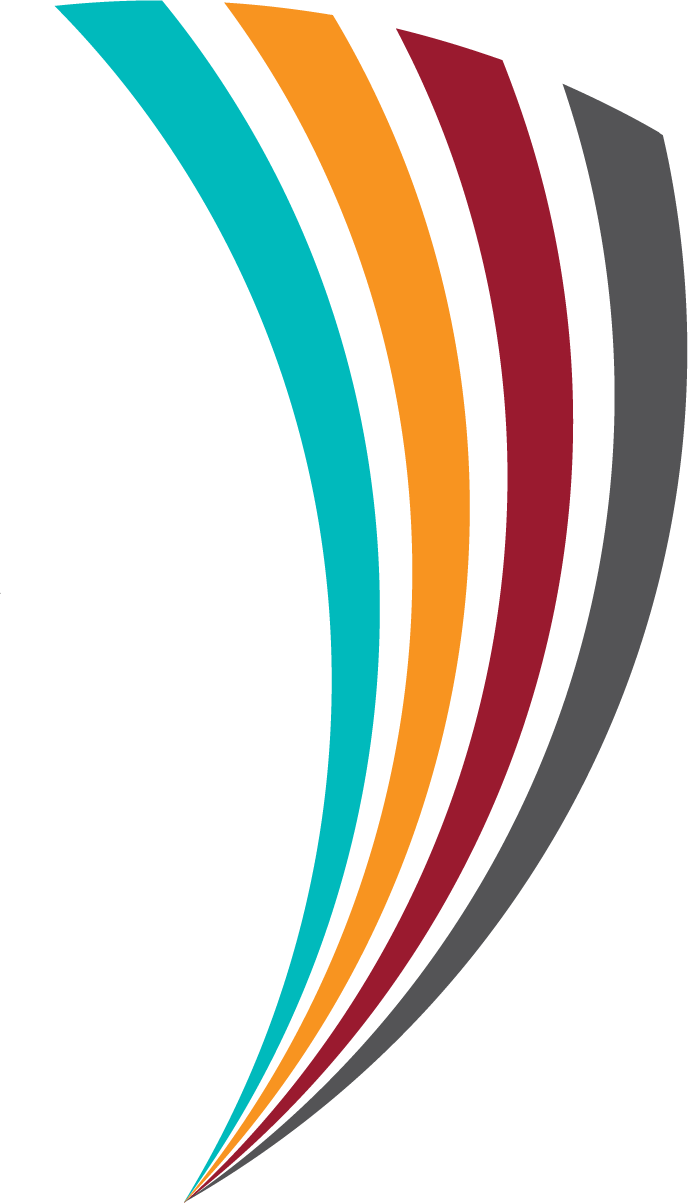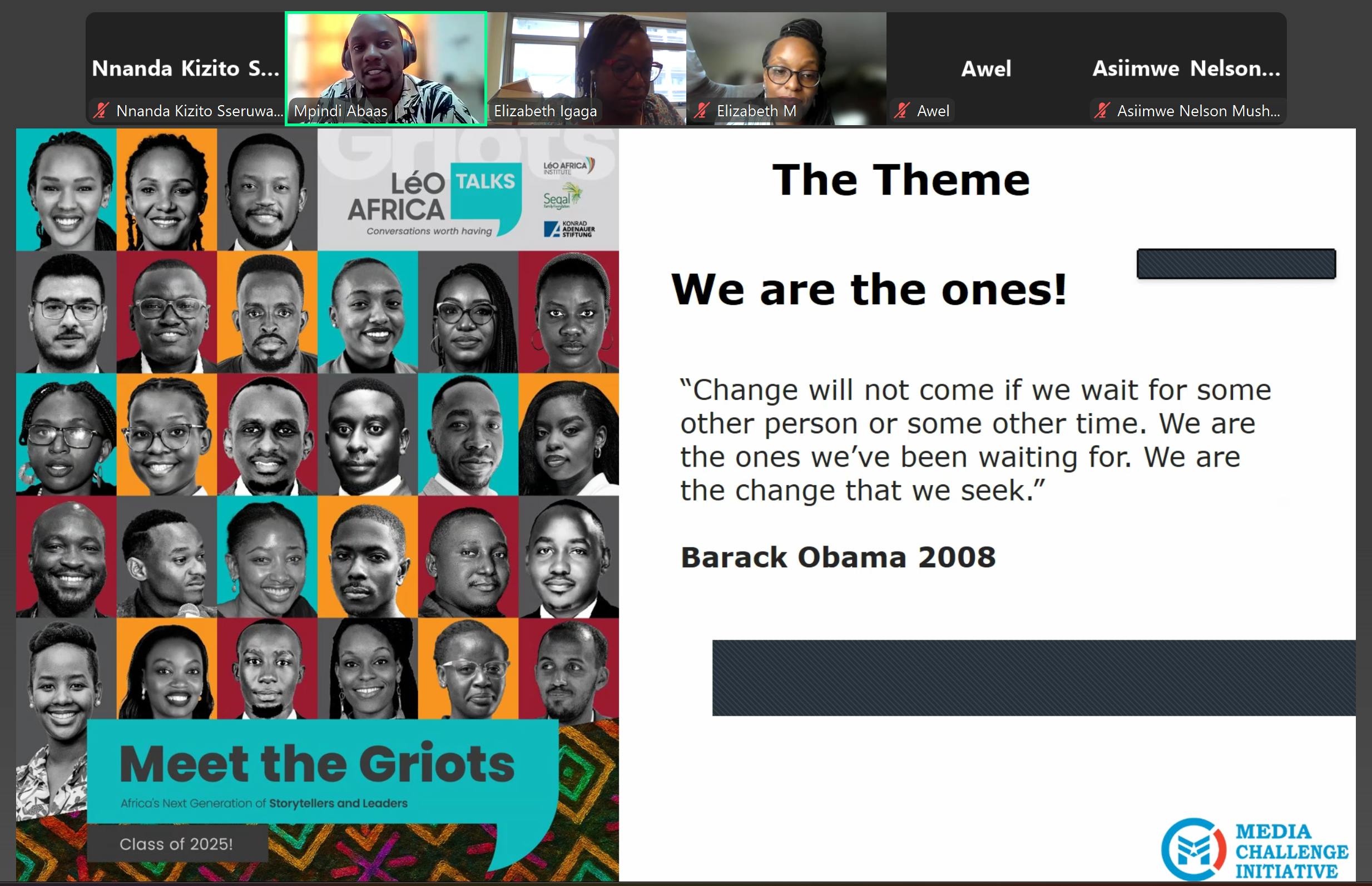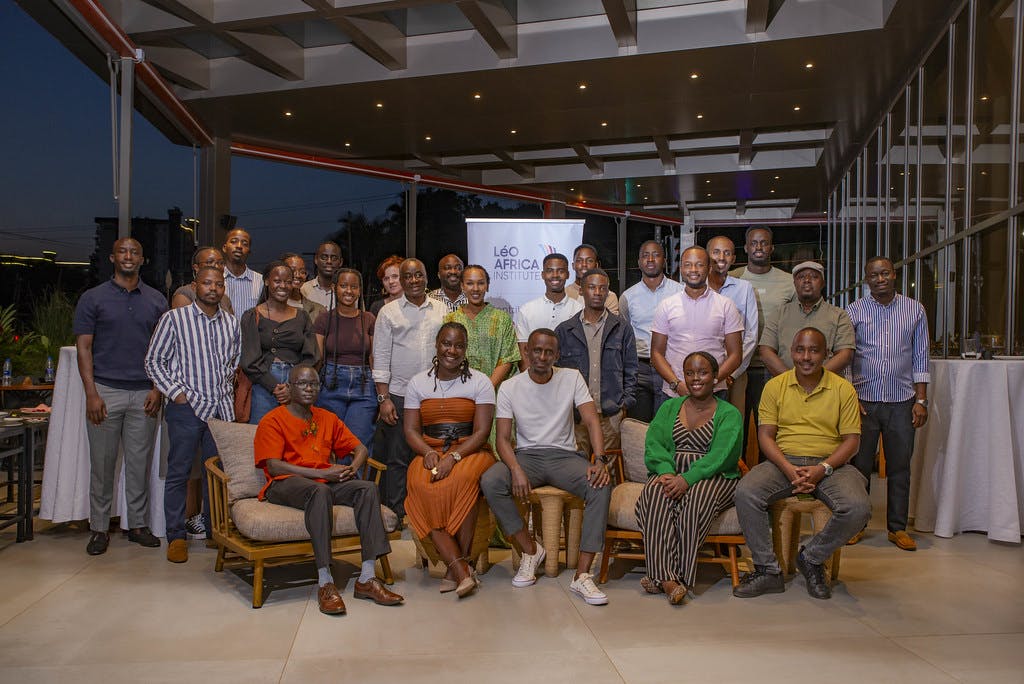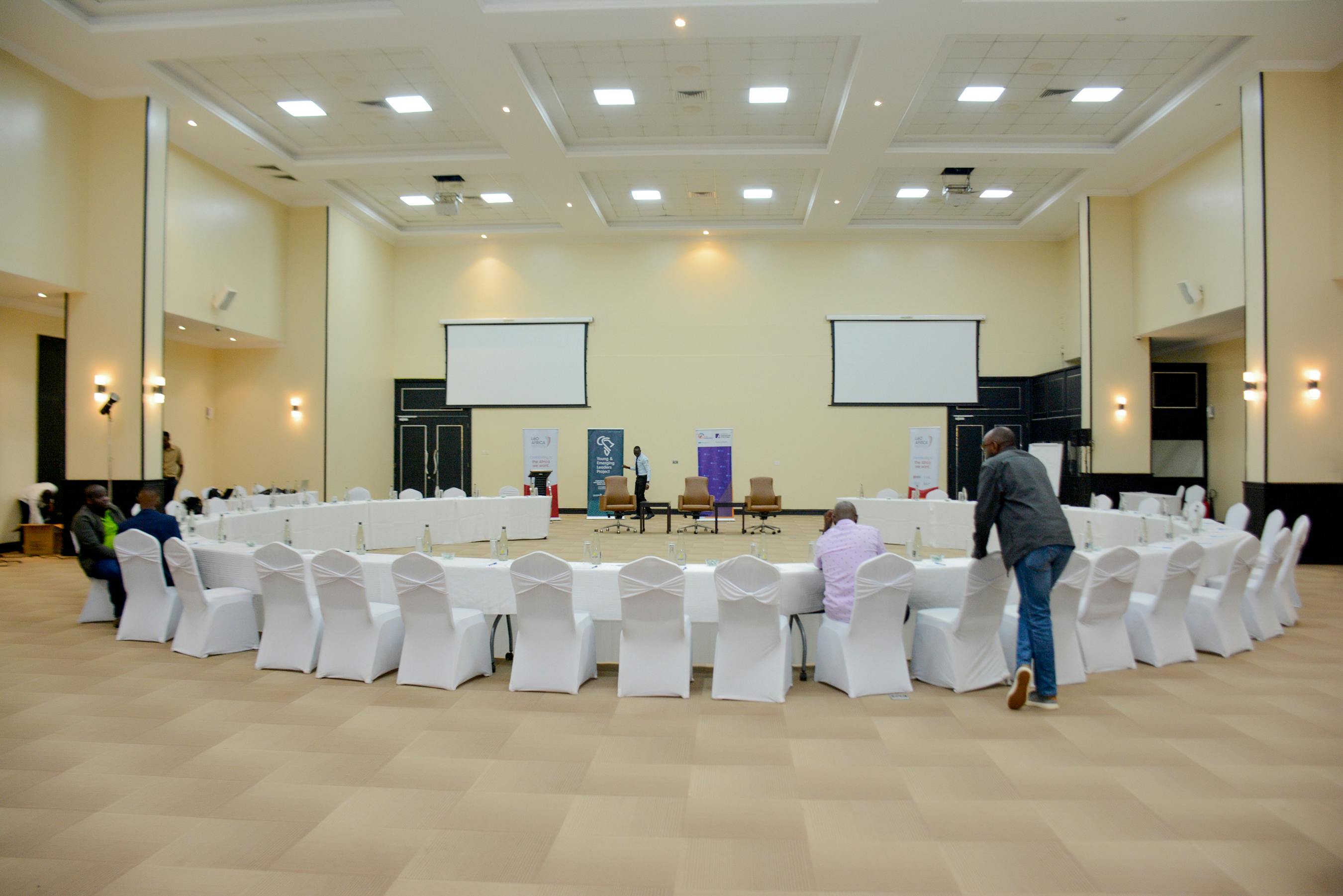The event kicked off with heartfelt opening remarks from Awel Uwihanganye, co-founder of the LéO Africa Institute. Standing before an audience of eager youth leaders, Awel painted a vivid picture of the digital divide: “Digital skilling is no longer optional. Without it, young people will be left behind in industries that are changing at an unprecedented speed.” His words set a tone of urgency, reminding attendees that in an era of rapid technological evolution, skills are the currency of opportunity.

Following Awel was Berna Mugema, representing UNDP, whose voice carried the weight of global solidarity. “Digital transformation has the power to reduce inequalities and open opportunities for young people,” she declared. “We must not design for markets that do not exist. Our innovations should be anchored in community needs while aiming for global relevance.” Her emphasis on community-driven progress resonated deeply, bridging the gap between local realities and international ambitions.

On behalf of the Ministry of ICT, Ms. Laila Nalukwago extended gratitude to the organizers and the government, urging the youth to seize the moment. “I thank UNDP for organising this youth dialogue, & for continuously supporting the Government. I call upon young people to seek opportunities & take them, utilize digital solutions such as AI more ethically & responsibly to be more productive.” These remarks framed the day's proceedings as a collaborative effort, one that honors Uganda's youthful demographic—over 78% of whom are under 30—as the engine of national progress.

The heart of the dialogue unfolded in three dynamic breakout sessions, each delving into a thematic pillar of Uganda's digital journey. Drawing on the National ICT Policy (2014), the Uganda Communications Act (2013), the Computer Misuse Act (2011), and the Data Protection and Privacy Act (2019), as well as emerging drafts such as the NITA-U national ICT policy updates and the Broadband Policy, participants identified priorities, pain points, and actionable recommendations. The sessions generated a robust set of policy ideas—spanning short-, medium-, and long-term solutions—complete with assigned leads, resource estimates, and success metrics. Quick wins, such as pilot AI literacy programs, emerged alongside calls for deeper research into regulatory overlaps between agencies like the Uganda Communications Commission (UCC) and National Information Technology Authority (NITA-U).
Theme 1: AI as a Public Good and the Future of Digital Governance
In the first breakout room, the air buzzed with philosophical and practical debates on AI's role in Uganda. Participants grappled with the core question: What does it mean for AI to be treated as a public good in the Ugandan context? They envisioned AI not as a luxury for the elite, but as a shared resource—open-source tools tailored to local languages like Luganda and Swahili, deployed equitably to bridge urban-rural divides. The group highlighted public services ripe for AI enhancement: in health, predictive diagnostics for rural clinics; in education, personalized learning apps for underserved schools; in agriculture, crop yield forecasts via satellite data; and in elections, transparent voter verification systems to bolster trust.
Yet, the conversation swiftly turned to risks. Unregulated AI, they warned, could exacerbate inequalities, with biased algorithms perpetuating poverty cycles or enabling surveillance overreach. A heated discussion on elections zeroed in on deepfakes and automated propaganda: AI-generated videos could sway voters with fabricated scandals, eroding democratic integrity. “We can't afford a future where truth is optional,” one young participant noted, echoing concerns about freedom of speech chilled by overzealous content moderation.
On regulation, the consensus leaned toward an AI-specific law, though existing frameworks like the Data Protection Act and Computer Misuse Act could suffice with targeted amendments—such as clauses mandating algorithmic transparency. Ensuring youth agency was paramount: participants advocated for co-creation hubs where young developers collaborate with regulators, turning consumers into innovators. Safeguards proposed included mandatory fact-checking tools integrated into social media, AI-generated content labels (e.g., watermarks on deepfakes), and independent oversight boards with youth representation to monitor political campaigns.
Leadership fell to a multi-stakeholder body, blending Parliament's legislative muscle, NITA-U's technical expertise, and UCC's enforcement arm, with civil society ensuring accountability. To prepare youth for AI jobs, policies like subsidized training in data analysis and digital security were floated, drawing on quick wins like free online courses via NITA-U platforms. Long-term, the group called for curriculum reforms to embed AI ethics in universities, with success measured by a 20% rise in youth-led AI startups within three years.
Theme 2: The Future of Work in the Digital Economy (FinTech, Youth Employment, Cybersecurity)
Shifting to the second theme, the room ignited with stories of ambition amid adversity. Digitization, participants agreed, is reshaping work for Uganda's youth—from remote gig freelancing to blockchain-based remittances—offering flexibility but demanding adaptability. Sectors like FinTech (mobile money innovations), the creative economy (digital art marketplaces), and gig platforms (ride-hailing apps) emerged as high-potential frontiers, potentially creating 1 million jobs by 2030 if harnessed right.
Barriers loomed large: young FinTech innovators cited stifling regulations, scarce venture funding, and consumer trust deficits as choke points. Cybersecurity readiness was a stark concern—Uganda's workforce, the group assessed, lags in defending digital finance and governance from threats like ransomware, especially with elections on the horizon. Education systems, rooted in outdated curricula, were deemed misaligned, producing graduates unskilled in coding or ethical hacking.
Actions crystallized around targeted policies: incentives like tax breaks for youth-led FinTech startups, led by the Ministry of Finance and UCC, to unlock employment. Building a cybersecurity talent pipeline meant partnerships between NITA-U and universities for certification programs, with medium-term goals of training 50,000 youth in two years. Inclusivity took center stage—gender quotas in digital training, rural mobile labs for connectivity, and accessible tools for persons with disabilities (PWDs) to ensure no one is sidelined.

Fostering indigenous innovation, the session proposed policies for local-language platforms and creative industries, such as grants for Ugandan software developers. Fiscal perks like reduced duties on data centers, coupled with consumer protections via the Competition Act, were recommended, alongside new intellectual property guidelines to safeguard local inventions. Resource implications ranged from low-cost awareness campaigns (short-term) to high-investment infrastructure (long-term), with success tracked by employment rates and reduced cyber incidents.
Theme 3: Digital Storytelling, Culture, and Innovation for Local Sustainability
The third breakout wove narratives of heritage and resilience, exploring how digital storytelling can preserve Uganda's rich cultures—from Karamoja folklore to Buganda dances—while empowering communities. Young Ugandans, participants shared, are already trailblazing: TikTok videos amplifying climate activism in fishing communities, Instagram campaigns for women's rights in urban slums, fostering civic expression that bridges generations.
Misinformation's shadow darkened the analysis, particularly in an election year, where disinformation could fracture ethnic cohesion or incite violence via viral hoaxes. Platforms like Instagram, X, and TikTok bear responsibility, the group argued, for proactive monitoring—yet without stifling dissent. Current laws like the Computer Misuse Act were critiqued for tilting toward censorship, failing to balance expression with harm prevention; amendments for nuanced content moderation were urged.
Empowerment strategies shone through: policies to fund local content creators via CSO grants and integrate media literacy into school curricula, led by the Ministry of Education and UCC. Communities could resist propaganda through community-led fact-checking apps in local languages. Local innovators were positioned as heroes, building platforms like a Swahili podcast network tailored to Ugandan realities—supported by government seed funding and tech platform APIs.
During elections, collaboration between government, CSOs, and platforms could amplify fact-based storytelling, such as verified info hubs. Quick wins included media literacy workshops (0-12 months), while long-term innovations like indigenous data centers promised sustainability.
Bridging the Digital Divide: Cross-Cutting Visions
Across themes, cross-cutting questions unified the dialogue. Long-term reforms called for a Digital Economy Authority to streamline UCC, NITA-U, and Ministry of ICT coordination, eliminating overlaps through clear mandates and joint enforcement units. Data-sharing governance, respecting the Data Protection Act, demanded MoUs and secondary regulations for inter-agency protocols—enhancing services like e-health without privacy breaches. Further consultations with rural youth and PWDs were flagged for deeper insights.
As the sessions wrapped, the LéO Africa Institute and UNDP committed to compiling the 6–10 pages of recommendations into a policy brief, ensuring these voices propel Uganda forward. In a nation where youth are the majority, this dialogue wasn't mere talk—it was the spark of transformation, illuminating a path where AI and digital skills empower every young Ugandan to not just participate, but lead. The future, as Awel might say, is digital, and it's dawning brightly.
